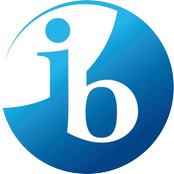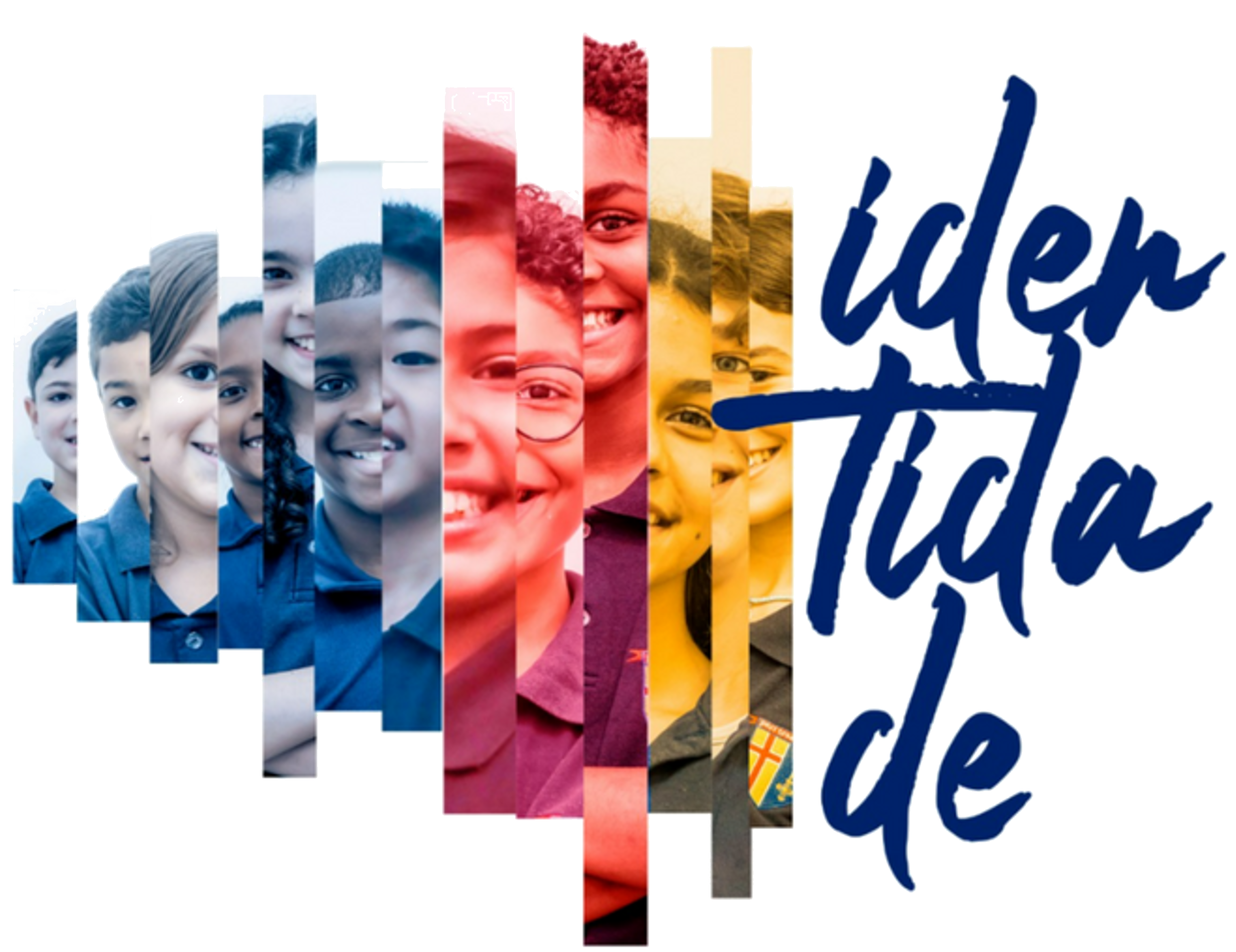The DP offers students the opportunity to study six subjects in depth, divided into six main groups:

Group 1: Language A: Language and Literature
In this course, students study a wide range of literary and non-literary texts in a variety of media. By examining communicative acts across literary form and textual type alongside appropriate secondary readings, students will investigate the nature of language itself and the ways in which it shapes and is influenced by identity and culture. Approaches to study in the course are meant to be wide ranging and can include literary theory, sociolinguistics, media studies and critical discourse analysis among others.
This subject is taught in Portuguese and it is a mandatory High Level Subject.
Group 2: Language Acquisition
English B (SL and HL)
Language B is a language acquisition course designed for students with some previous experience of the target language. In the language B course, students further develop their ability to communicate in the target language through the study of language, themes and texts. In doing so, they also develop conceptual understandings of how language works, as appropriate to the level of the course.
Distinction between English B (SL – Standard Level) and (HL – High Level)
At both levels of language B (SL and HL), students learn to communicate in the target language in familiar and unfamiliar contexts. They describe situations, narrate events, make comparisons, explain problems, and state and support their personal opinions on a variety of topics relating to course content. The study of two literary works originally written in the target language is required only at language B HL. The distinction between language B SL and HL can also be seen in the level of competency the student is expected to develop in the receptive, productive and interactive skills described below.
Group 3: Individuals and Societies
Business Management – BM (SL and HL)
The business management course is designed to meet the current and future needs of students who want to develop their knowledge of business content, concepts and tools to assist with business decision-making. Future employees, business leaders, entrepreneurs or social entrepreneurs need to be confident, creative and compassionate as change agents for business in an increasingly interconnected global marketplace. The business management course is designed to encourage the development of these attributes.
Through the exploration of four interdisciplinary concepts—creativity, change, ethics and sustainability—this course empowers students to explore these concepts from a business perspective. Business management focuses on business functions, management processes and decision-making in contemporary contexts of strategic uncertainty. Students examine how business decisions are influenced by factors that are internal and external to an organization and how these decisions impact upon a range of internal and external stakeholders. Emphasis is placed on strategic decision-making and the operational business functions of human resource management, finance and accounts, marketing, and operations management.
Distinction between BM SL – Standard Level and HL – High Level
The SL course in business management differs from the HL course in terms of the:
- recommended hours devoted to teaching (150 hours for SL compared to 240 hours for HL)
- extra depth and breadth required (extension material for HL only)
- nature of the examination questions in papers 2 and 3.
Group 4: Sciences
Biology (SL and HL)
The earliest evidence of life on Earth dates from at least 3.5 billion years ago. Through reproduction and natural selection, life has diversified tremendously, occupying a wide variety of niches. This diversity makes biology both a deeply fascinating and significantly challenging study.
The study of life makes progress through not only advances in techniques, but also pattern recognition, controlled experiments and collaboration between scientists. Unifying themes provide frameworks for interpretation and help us make sense of the living world: Form and function, Unity and diversity, Continuity and change, and Interaction and interdependence are four of the themes around which this biology syllabus is constructed, although other frameworks are possible.
Group 5: Mathematics
Mathematics: Applications and Interpretation (SL and HL)
This course recognizes the increasing role that mathematics and technology play in a diverse range of fields in a data-rich world. As such, it emphasizes the meaning of mathematics in context by focusing on topics that are often used as applications or in mathematical modeling. To give this understanding a firm base, this course includes topics such as algebra, functions, geometry, trigonometry, probability and statistics, and calculus.
The course is designed for students who enjoy seeing mathematics used in real-world contexts and who are interested in exploring the links between mathematics and other disciplines. Students who take this course are encouraged to apply their mathematical knowledge to solve realistic problems using appropriate technology. This subject differs from mathematics analysis and approaches in terms of the balance between theory and application. It is designed for students who are more interested in the practical side of mathematics, rather than the theoretical aspects.
Group 6: The Arts
Theater (SL)
Theatre is a dynamic, collaborative and live art form. It is a practical subject that encourages discovery through experimentation, the taking of risks and the presentation of ideas to others. It results in the development of both theatre and life skills; the building of confidence, creativity and working collaboratively.
The IB DP theatre course encourages students to examine theatre in its diversity of forms around the world. This is done through a critical study of the theory, history and culture of theatre, as well as through practical exercises in theatre production. The core syllabus at both SL and HL consists of three equal, interrelated areas:
- theatre in context
- theatre processes
- presenting theatre.



